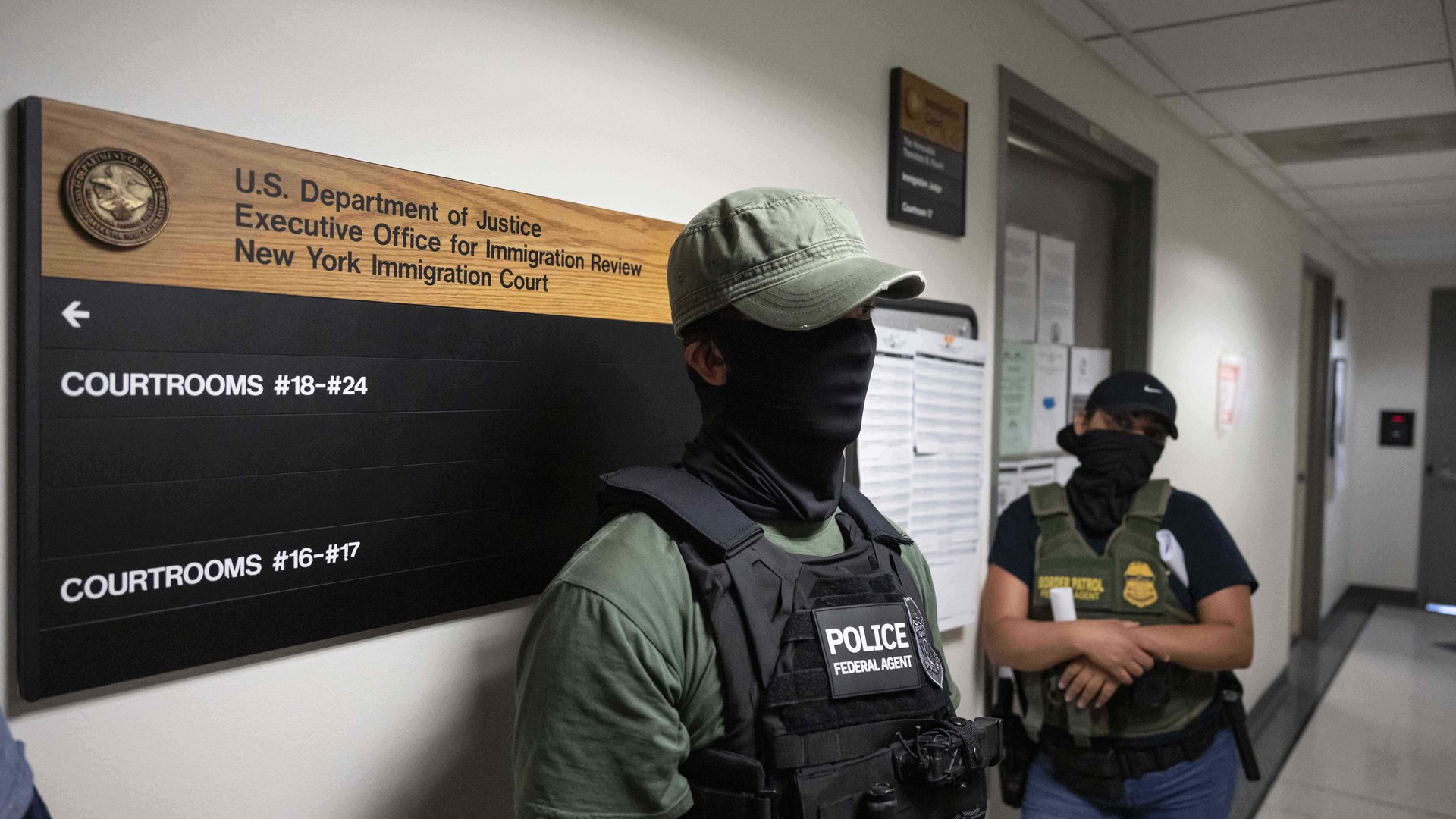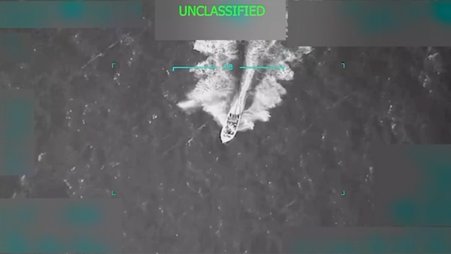Dear Friend of Press Freedom,
I’m Lauren Harper, the first Daniel Ellsberg chair on government secrecy at Freedom of the Press Foundation (FPF), and welcome to “The Classifieds.” Read on to learn about this week’s top secrecy news.
The names of ICE lawyers shouldn’t be a mystery
Immigration and Customs Enforcement prosecutors are trying to keep their identities secret during court proceedings — and some judges are allowing it.
This unnecessary and pernicious secrecy is happening while ICE agents are hiding their faces during immigration raids, and a new agency policy makes it more difficult for members of Congress to visit ICE facilities and conduct lawful oversight.
To add insult to injury, ICE is relying on inflated, debunked claims of assaults on ICE officers during the course of their work to justify its expanding secrecy.
This disturbing trend can’t stand. FPF has filed a series of Freedom of Information Act requests with both ICE and the Justice Department’s Executive Office of Immigration Review for information around ICE’s “mystery” lawyers.
As I’ve said before, ICE is not the secret police, no matter how much it might like to be, and its lawyers must identify themselves in court.
Building presidential libraries shouldn’t be a ruse for funneling bribes
President Donald Trump’s presidential library has already received nearly half a billion dollars in known donations — that’s only the donations we know about. This is a staggering figure considering a library may never be built.
It begs the question, is Trump using the ruse of building a library as a vehicle for funneling bribes? If so, then a new bill introduced by Sen. Elizabeth Warren would help put a stop to the corruption and make presidential foundations more transparent.
The Presidential Library Anti-Corruption Act would, among other things:
- Require the National Archives to publish each quarter any donations to these building projects over $200
- Forbid donations (like luxury jets) from being used for personal benefit
- Prohibit fundraising for building projects until after the president is out of office
- Apply equally to presidential foundations that are actually interested in building a government-run library and to presidential foundations that are more interested in building centers with no government presence
FPF on NPR
I stopped by NPR’s “1A” program this week to talk about how government secrecy undermines the democratic process and what specific steps we can take to boost transparency. Topics ranged from the most impactful ways to improve FOIA, like making private detention facilities subject to the transparency law, to mandating transparency requirements for presidential foundation donations.
What I'm Reading
80 years ago: The first atomic explosion, 16 July 1945
This week was the 80th anniversary of the first atomic bomb test, and the National Security Archive, a nonprofit research organization based in Washington, D.C., published a collection of declassified documents to mark the occasion. The Archive’s William Burr notes that while the newly published documents are important in understanding the origins of the Manhattan Project, the collection is limited because of an ongoing Biden-era policy that limits access to the Energy Department’s OpenNet database.
It’s not just the Epstein files. The Trump administration is withholding all kinds of public records
Journalist Dave Levinthal has filed countless FOIA requests across his 25-year career, and knows that, in terms of government secrecy, there’s nothing special about the Jeffrey Epstein files. The government regularly withholds information from the public when it shouldn’t, even when the information being requested would never make headlines. I spoke with Levinthal for this report and noted that while FOIA isn’t dead, it’s certainly on life support.
Why the federal government is making climate data disappear
The official website for the U.S. Global Change Research Program has been taken offline, and it’s taken key congressionally mandated climate reports — the National Climate Assessments — with it. The NCAs translate complicated environmental science into plain language for federal, state, and local policymakers and help the public plan for and adapt to climate change. NASA had promised to host the past five assessments on its website but has changed its tune, making National Oceanic and Atmospheric Administration the lone federal agency currently hosting copies of past reports.
Transparently yours,
Lauren Harper
Daniel Ellsberg Chair on Government Secrecy
Freedom of the Press Foundation





